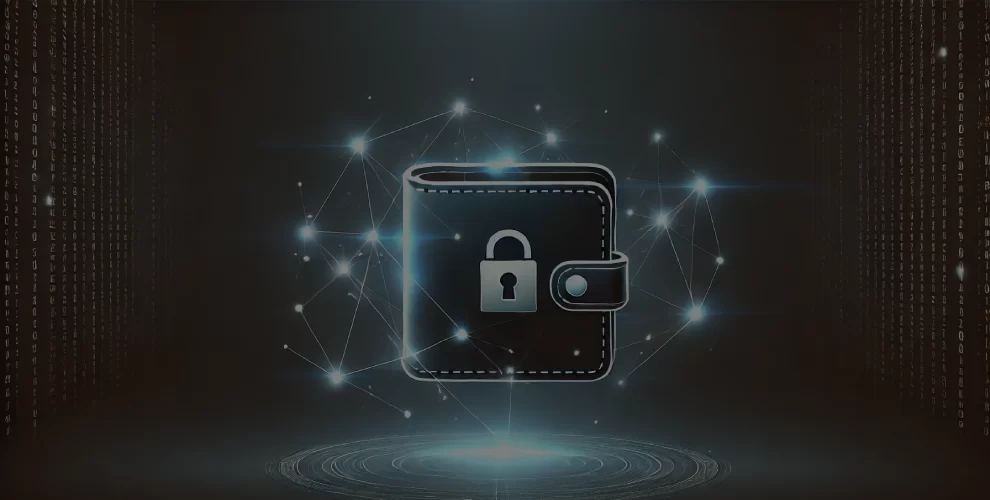
What is a Blockchain Wallet and How to Choose the Right One?
Table of Contents
Introduction
Welcome to WikiGlitz! If you’re diving into the world of cryptocurrencies, one of the first things you’ll need is a blockchain wallet.
This essential tool allows you to store, manage, and transact with your digital assets securely. In this guide, we’ll explain what a blockchain wallet is, why it’s important, and how to choose the right one for your needs.
Key Takeaways
- Understanding Blockchain Wallets: Learn the basics of blockchain wallets and their role in cryptocurrency transactions.
- Types of Wallets: Explore different types of blockchain wallets, including their features and security measures.
- Choosing the Right Wallet: Get tips on selecting the best wallet based on your specific needs and usage patterns.
What is a Blockchain Wallet?
Unlike traditional wallets that hold physical cash, blockchain wallets store your public and private cryptographic keys.
These keys are used to access your digital assets on the blockchain.
The private key is your password to spend your funds, while the public key is like an address that others can use to send you funds.
How Blockchain Wallets Work
Cryptographic Security
Blockchain wallets rely on cryptographic algorithms to secure transactions.
When you initiate a transaction, it’s broadcasted to the network and verified by miners. Once verified, the transaction is added to the blockchain, creating an immutable record.
Public and Private Keys
Your blockchain wallet generates a pair of cryptographic keys: a private key and a public key. It’s crucial to keep your private key secure, as anyone with access to it can control your funds.
Types of Blockchain Wallets
Hot Wallets
The constant connectivity with internet makes hot wallets more vulnerable to online threats.
Examples include web wallets, mobile wallets, and desktop wallets.
- Web Wallets: Accessible via a web browser, e.g., MetaMask, Coinbase Wallet.
- Mobile Wallets: Apps for smartphones, e.g., Trust Wallet, Mycelium.
- Desktop Wallets: Software installed on a computer, e.g., Electrum, Exodus.
Cold Wallets
Cold wallets are offline, providing higher security for storing large amounts of digital assets over a long period.
- Hardware Wallets: Physical devices storing keys offline, e.g., Ledger, Trezor.
- Paper Wallets: Physical printouts of your keys, considered less reliable and more difficult to manage.
Advantages and Disadvantages of Blockchain Wallets
Advantages
- Enhanced Security: Cryptographic encryption and decentralization reduce the risk of unauthorized access.
- Ownership Control: Users have full control over their digital assets, unlike traditional banking systems.
- Interoperability: Many wallets support multiple cryptocurrencies and integrate with decentralized applications (DApps).
- Transparency and Trust: Transactions are transparent and verifiable on the blockchain.
Disadvantages
- Technological Complexity: The learning curve can be steep for beginners.
- Security Practices: Users must follow best practices to safeguard their assets.
- Private Key Mismanagement: Losing your private key means losing access to your funds permanently.
Choosing the Right Blockchain Wallet
Security Features
Look for wallets with robust security measures like two-factor authentication (2FA), multi-signature support, and strong encryption.
Compatibility and Usability
Consider the cryptocurrencies you plan to store and ensure the wallet supports them.
Backup and Recovery
Most modern wallets provide a seed phrase that you can use to recover your wallet if you lose access to it.
Additional Features
Some wallets offer extra features like staking, swapping between cryptocurrencies, and integration with DApps. Choose a wallet that aligns with your needs and usage patterns.
Conclusion
Blockchain Wallets are essential tools for anyone involved in cryptocurrency transactions.
They offer enhanced security, full ownership control, and versatility for interacting with various digital assets.
By understanding the types of wallets and considering your specific needs, you can choose the right wallet to securely manage your cryptocurrencies.
WikiGlitz is here to help you navigate the exciting world of blockchain technology!
FAQs
How do I choose a blockchain wallet?
Consider factors like security features, compatibility, usability, and additional features to select a wallet that fits your needs.
What is the difference between hot and cold wallets?
Hot wallets are connected to the internet and offer convenience, while cold wallets are offline and provide higher security for long-term storage of digital assets.
Can I recover my blockchain wallet if I lose my private key?
If you lose your private key, you can recover your wallet using the seed phrase provided during setup. Keep your seed phrase secure to ensure you can recover your funds if needed.
Want to keep up with our blog?
Our most valuable tips right inside your inbox, once per month.
Error: Contact form not found.
WikiGlitz Team
Welcome to WikiGlitz, your ultimate destination for tech insights and innovation. Our expert team is dedicated to delivering free resources and professional advice on various technology topics, including Artificial Intelligence, Cyber Security, Cloud Computing, and more. We strive to empower our readers with up-to-date information and practical guidance, ensuring you stay ahead in the rapidly evolving tech landscape. At WikiGlitz, we are passionate about making complex technology accessible to everyone. Our team of seasoned experts curates content that is both informative and engaging, helping you understand and leverage the latest tech trends. Whether you're a tech enthusiast or a professional, WikiGlitz is your go-to source for reliable, expert-driven content. Join us on this journey to explore and embrace the future of technology.





